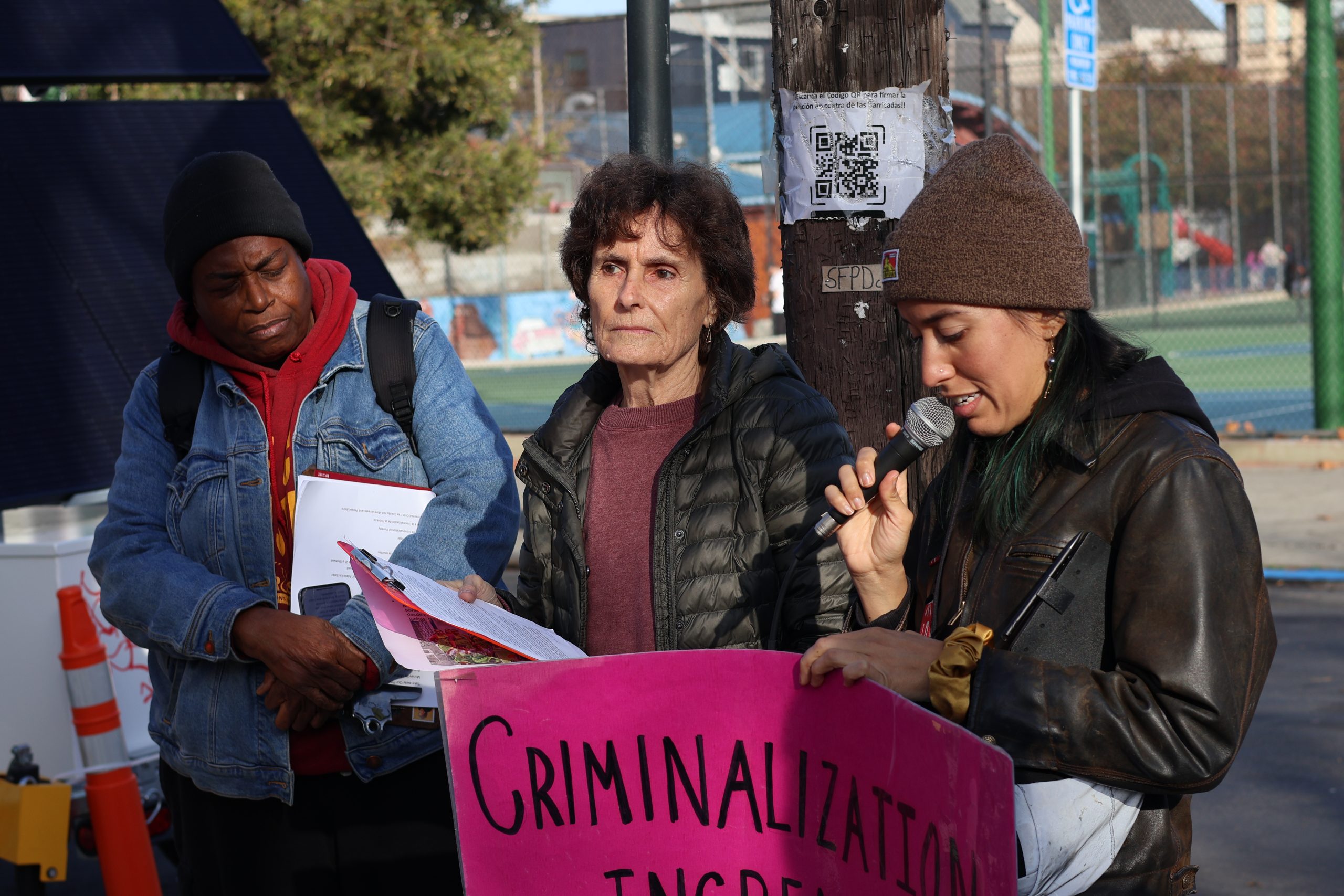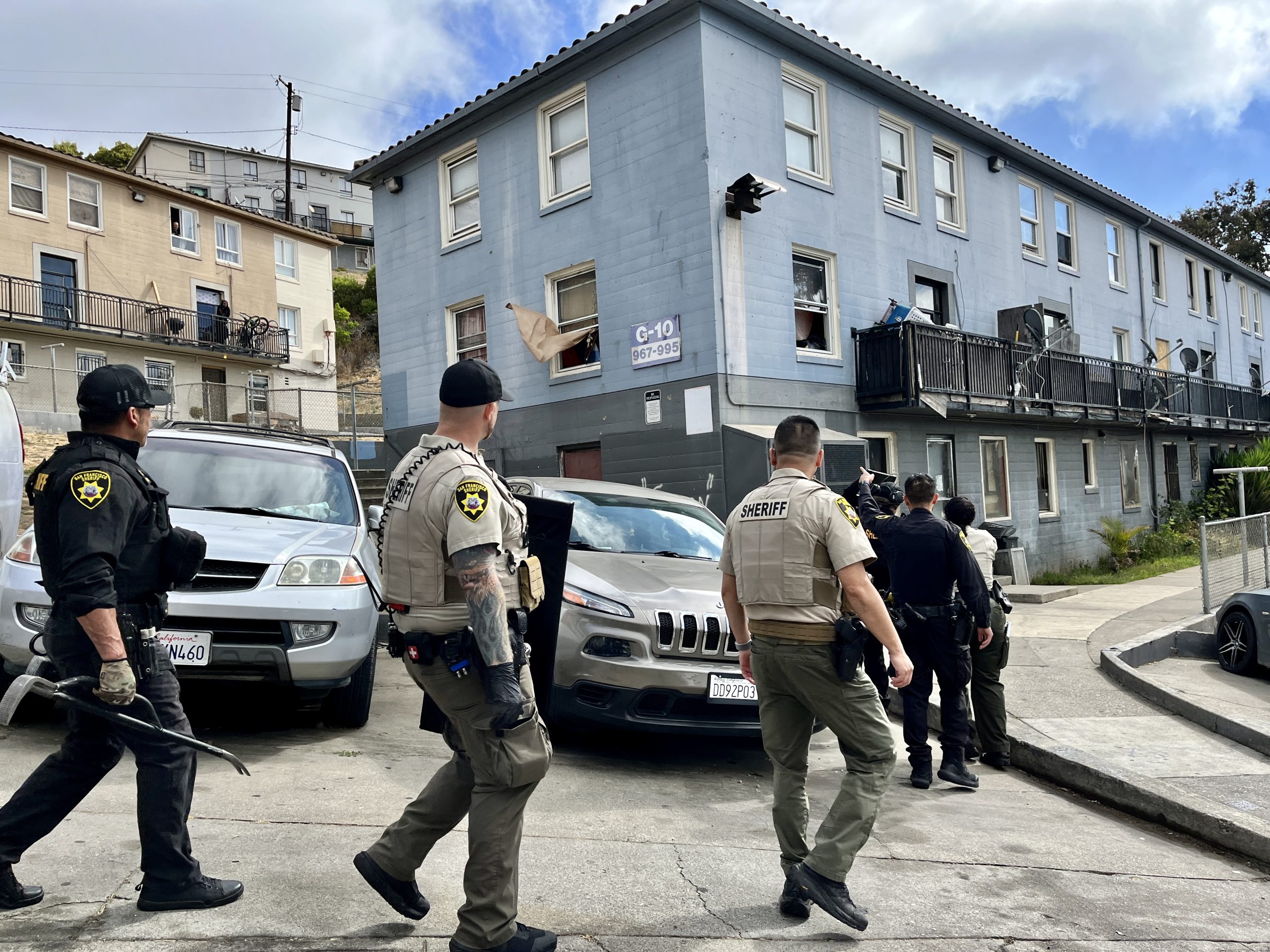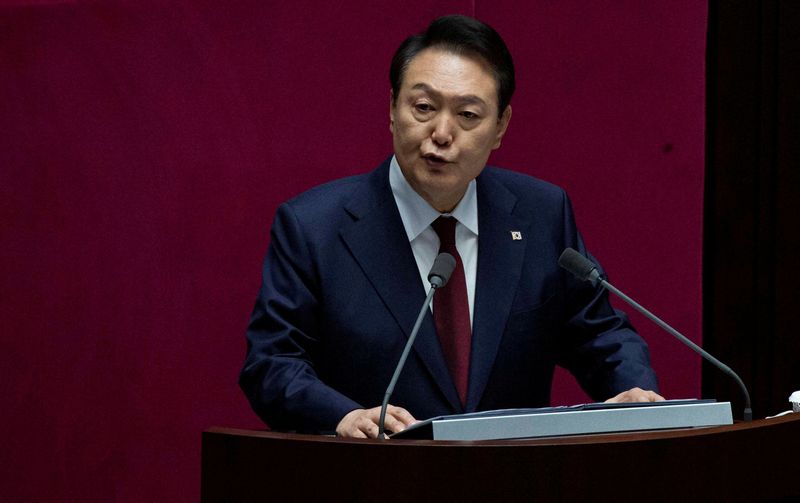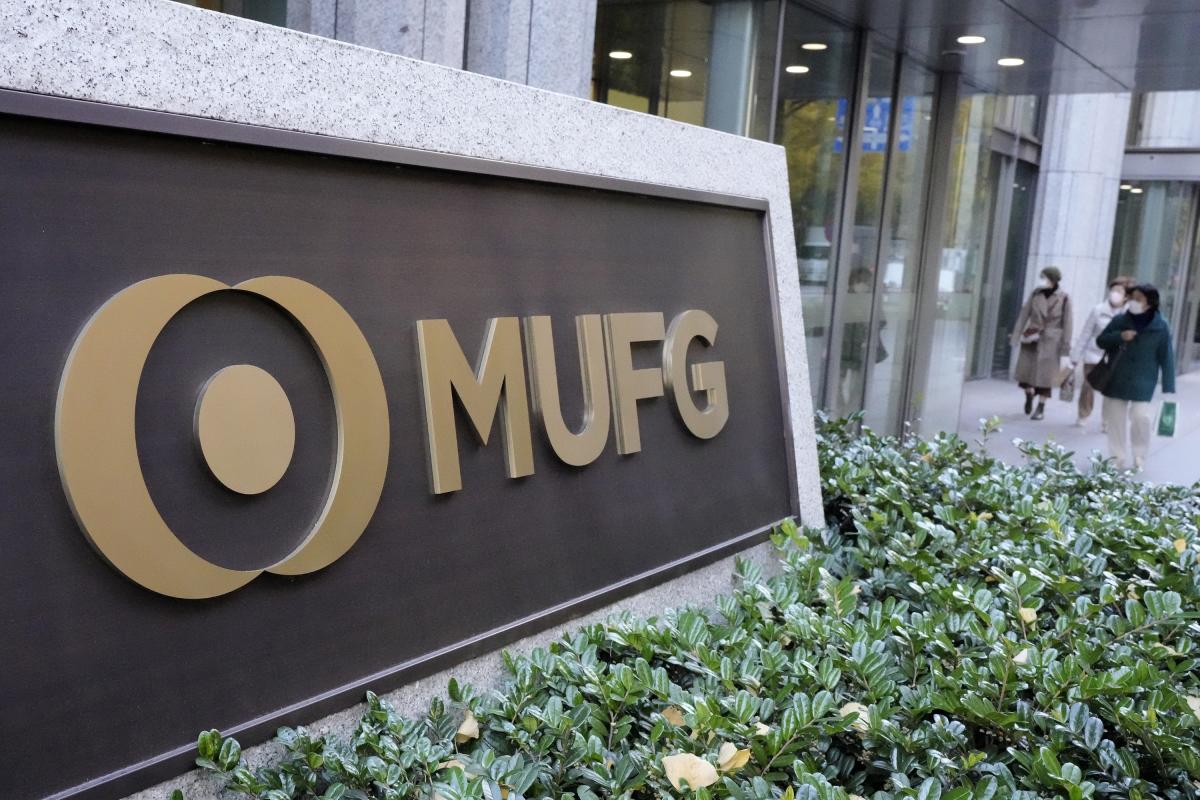[ad_1]
A dozen activists and residents gathered at 21st and Shotwell on Sunday afternoon to protest and demand removal of the city’s new high-tech surveillance cameras installed to deter sex work on Shotwell Street.
“We’re told that these cameras are for public safety,” said Rachel West, of US PROStitutes Collective. “We ask whose safety?”
The three 22-foot-tall surveillance units on Shotwell Street (each mast with three cameras) are part of a city response to sex work in the area and a lawsuit filed by five neighbors. The 18-month experiment also includes barriers to prevent vehicular traffic on Shotwell and “Dear John letters,” where residents are encouraged to send in tips about people engaging in solicitation or other prostitution.
The cameras have been placed where sex workers gather, West said, and in order to avoid arrest, those women will be pushed to more isolated, less safe areas — making them at increased risk of rape and other violence. “Targeting sex workers, many of whom are mothers working to survive and support children, should not be the priority,” she added.

District Attorney Brooke Jenkins, following the announcement of these new cameras, said that they will be used not only as a deterrent to crime but also as a “tool for law enforcement to investigate and prosecute crime.”
West, and other speakers, which included a Shotwell resident and a sex worker, decried the use of such technology for surveillance purposes, and expressed concern for the lack of transparency over how that data is used or disseminated.
Participants also expressed concern over the cost of such surveillance. Each unit, created by LiveView Technologies, purportedly costs between $30,000 and $40,000 a year to operate.

The demonstration was organized by a coalition of women’s advocacy groups: US PROStitutes Collective, In Defense of Prostitute Women’s Safety Project, Global Women’s Strike, Women of Color/GWS and Crossroads Women’s Center. The event also served to commemorate International Day to End Violence Against Sex Workers.
“We know that cameras do not make us safer. In fact they make us less safe against the violence that they say they’re protecting us against,” said Nell Myhand, of Women of Color/GWS, who spoke during the stand-in.
[ad_2]
Source: missionlocal.org




